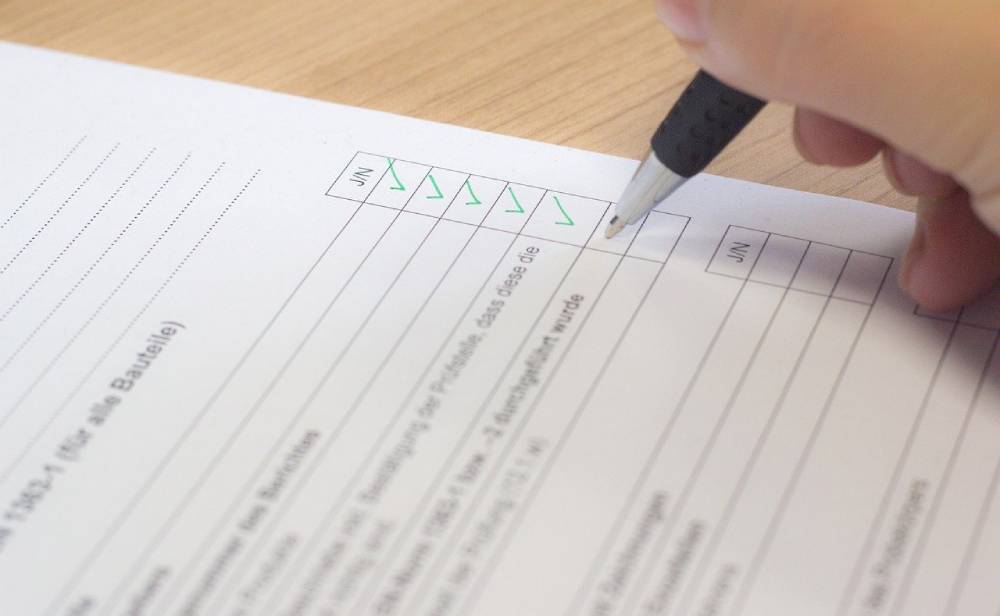How to “Fix” Your Credit Yourself
Ways to fix credit score on your own
Don’t fall into the trap of promising easy credit overnight repairs. If you want to fix your bad credit, you can (and should) do it yourself. Here are six simple steps you can take to begin the process of preparation for mediation.
If you have student loan debt, credit card balances over many years, deposit accounts, or even foreclosure, unfortunately, you probably have less than average or bad credit.
With bad credit, you may not be able to get approval for new credit products, such as credit cards. Although you may still be able to get an auto loan or mortgage, you will pay a very high-interest rate because of your low credit score. A person with poor credit can pay $ 50,000 more in interest on a mortgage than a borrower with good credit. In a lifetime, you can pay more than $ 200,000 in unnecessary interest just because of bad credit.

While the average credit score in the United States is 710, this does not mean that everyone has good credit. If your credit score is bad or bad (usually below 670), it may deter you from doing what you want, whether it’s buying a new car, renting a good apartment, or buying the house of your dreams.
However, there are steps you can take to improve your credit, which we outline below.
1. Check your credit score and report.
Your credit report contains information about how you have used credit over the last 10 years. You have one credit report in each of the three bureaus: Equifax, Experian, and TransUnion. Most lenders report to all three, but not all, so it is worth checking the information in all three reports. You can get free weekly credit reports on AnnualCreditReport.com until April 20, 2022.
Your credit report is used to calculate your credit score and must be checked. You can check your credit score for free through credit scoring websites or some credit card providers. All you need is a soft credit inquiry to check your score, which does not hurt your score. We recommend checking your score once a month.
2. Correct or dispute any errors.
Unfortunately, credit bureaus sometimes make mistakes. According to a study by the Federal Trade Commission, a quarter of people had errors in their credit reports and 5% had errors that could make it more expensive for them to get a loan.
So while knowing your credit report and credit score is a good first step, finding fault is also important. If you see any, it is relatively easy to discuss these mistakes and remove them.
3. Always pay your bills on time.
Your payment history makes up 35% of your credit score. So if you want to fix your credit, you should focus on your monthly payments. While paying all your bills on time may seem like a challenge, there’s one simple hack to get it right: automatic payment.
If you have bills that do not allow for automatic payment, such as one-time medical bills, pay them as soon as you receive them. If you are unable to do so, contact the office and work on a payment plan.
If you’re worried about withdrawing more money from your account, we recommend setting a budget and / or scheduling your own payments for the time you have to pay.
4. Keep your credit utilization ratio below 30%
Your credit usage ratio is calculated by comparing your credit card balance to your credit card total. Lenders use this ratio to measure how well you manage your finances. A ratio of less than 30% and more than 0% is generally considered good.
For example, suppose you have two cards with an individual credit limit of $ 2,000 and one card has an unpaid balance of $ 500. Your credit utilization ratio will be 12.5%. In that case, divide your total debt ($ 500) and then divide it by your total credit limit ($ 4000).
5. Pay off other debts.
If you have outstanding debts, repaying them can help improve your payment history and reduce your credit usage ratio.
When planning to repay your credit card debt, consider the method of debt avalanche or snowball. The avalanche method focuses first on paying off your high-interest cards, while the snowball method focuses on paying off your small balance first. Consider both methods to determine which method is best for your situation.
If you plan to repay the loan, it is important to note that you may see a temporary decrease in your credit score. But rest assured, it will improve your credit score in the long run, according to Experience.
6. Keep old credit cards open
You may be tempted to close after paying off old credit cards. However, do not rush into doing so. By keeping them open, you can build a longer credit history, which is 15% of your credit score.
However, there are some caveats. Your issuer may close your card after a certain period of inactivity, and if it charges an annual fee, it may be able to close.
7. Don’t take credit unless you need it.
Every time you apply for credit, your lender will do a strict credit check. It can drop your score by one to five points. It will also lower the average age of your account, which can lower your credit score. So, as a rule of thumb, try to avoid applying for credit unless you really need it.
Can you pay to settle your credit?
If your credit file contains information that you think is incorrect, credit repair companies may offer to dispute the information on your behalf with credit reporting agencies. Credit repair companies usually charge a monthly fee for the work done in the previous month or a flat fee for each item that is removed from your reports. However, Experian does not charge users and does not require a special form to dispute the information, so this is something you can do yourself at no cost.
If you are on a monthly subscription, the price is usually around $ 75 per month but may vary from company to company. The same goes for paying for each deletion, but this option usually costs یا 50 each or more.
That said, it is important to keep in mind that credit repair is not a cure – and in many cases, it is unethical or even illegal to try to remove information that has been accurately reported to the credit bureau. Reaches while these companies may try to dispute every piece of negative information on your reports, it is unlikely that the information reported correctly by your creditors will be removed.
And again, this would mean that you have to spend for these processes. As a result, it’s a good idea to consider getting your credit repaired before you pay for your credit repair service.
Abstract
Start by looking at your credit reports to get a sense of where you stand.
If you notice a glitch, discuss it with the credit bureau. Then pay attention to any credit card debt you pay each bill on time. In the meantime, don’t apply for new credit. Basically, in order to recover your credit, you will need to limit your credit usage.
It can take months or even years for your credit score to improve, but if you plan to buy a new home, or take out another big loan, it’s worth it.






